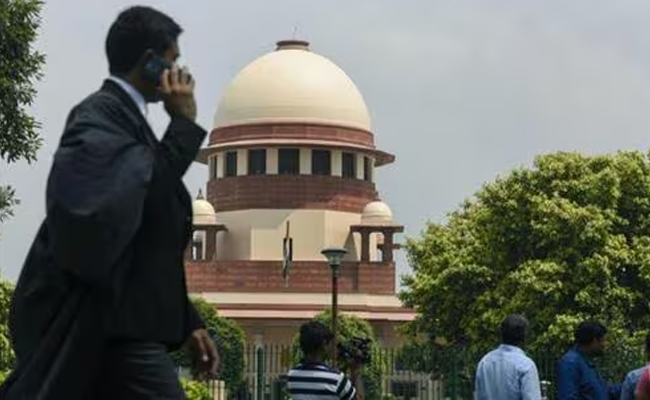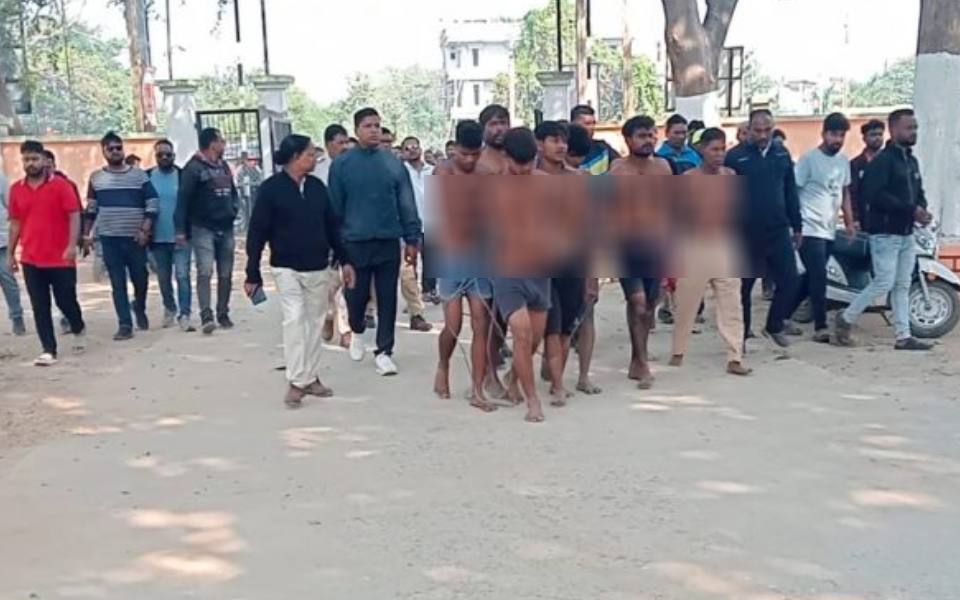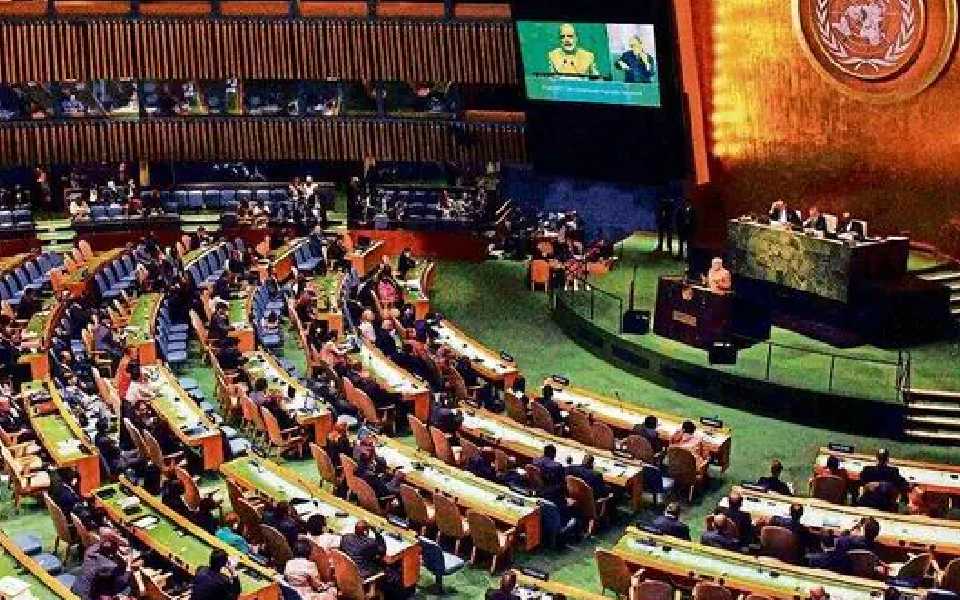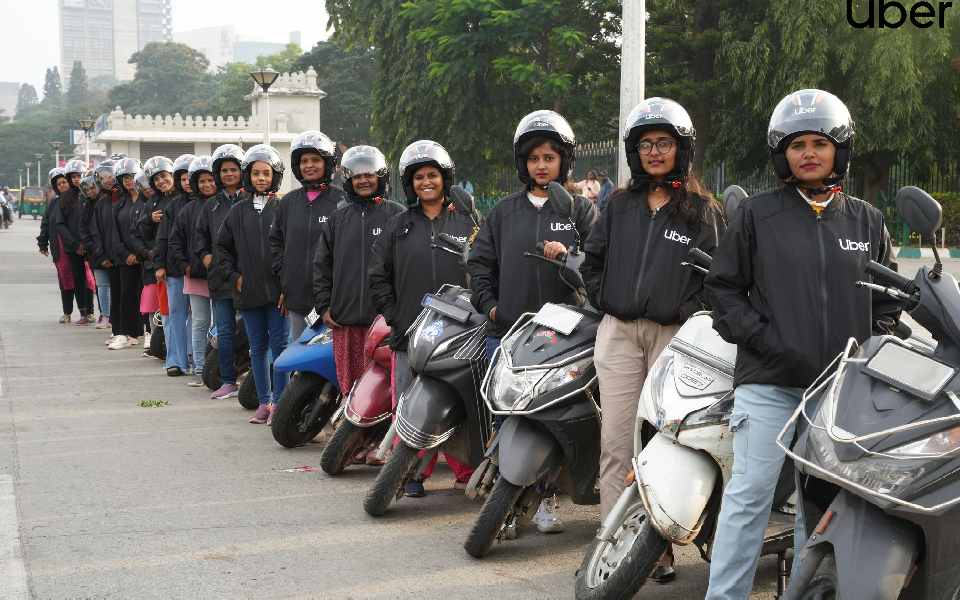New Delhi: The Supreme Court has directed trial courts nationwide to halt surveys and effective orders in cases disputing the religious character of existing structures under the Places of Worship (Special Provisions) Act, 1991.
A Bench led by Chief Justice of India Sanjiv Khanna, alongside Justices PV Sanjay Kumar and KV Viswanathan, stated that the Act expressly prohibits such suits and proceedings.
The Court highlighted that no fresh suits could be registered, nor any final orders passed in pending cases until the validity of the 1991 Act is decided. "As the matter is sub judice before this Court, we deem it fit to direct that no fresh suits shall be registered or proceedings be ordered. In the pending suits, courts would not pass any effective or final orders," the Bench ordered.
Addressing concerns about jurisdiction, the Court remarked, "When a matter is pending before us, is it just and fair for any other court to examine it? We are on vires as well as the ambit of the Act."
The 1991 law seeks to maintain the status quo of all religious structures as they stood on August 15, 1947, barring courts from entertaining disputes regarding their character. It also stipulates that pending cases be abated, except for the Ram Janmabhoomi site, which was specifically excluded from the Act’s provisions.
The Supreme Court had previously affirmed the law in its 2019 Ayodhya verdict, granting the disputed site to the deity Ram Lalla while reiterating that other similar disputes cannot be entertained under the Act.
The current proceedings stem from petitions challenging the Act's provisions, including one filed by BJP leader Ashwini Upadhyay. Upadhyay’s plea argues that the Act perpetuates historical injustices by preventing aggrieved Hindus, Jains, Buddhists, and Sikhs from seeking legal remedies for sites allegedly appropriated during invasions.
The Jamiat Ulama-i-Hind, which sought to join the proceedings in 2022, contended that the petitions indirectly target religious places with an Islamic character. Other petitions, including one by the Vishwa Bhadra Pujari Purohit Mahasangh, have also been filed in the matter, alongside several impleadment pleas.
The outcome of the case could impact ongoing disputes over sites like the Gyanvapi Mosque in Varanasi, Shahi Eidgah Mosque in Mathura, Shahi Jama Masjid in Sambhal, and Ajmer Dargah in Rajasthan, where Hindu plaintiffs have sought rights to the properties, claiming they were built over temples.
Muslim parties have opposed these suits, citing the Places of Worship Act to challenge their maintainability.
Let the Truth be known. If you read VB and like VB, please be a VB Supporter and Help us deliver the Truth to one and all.
Rourkela, Dec 12: Eight Bengali-speaking migrant workers were on Thursday stripped and paraded on a road with their hands tied for allegedly attempting to outrage the modesty of a local woman in Odisha’s Sundergarh town, police said.
Police said local residents thrashed and paraded the workers in a semi-nude condition on Mission Road between 8.30 am and 9 am. The victims hail from West Bengal's Murshidabad district and were working as masons in the town.
Informed by local residents, Sundergarh Town police arrived at the spot and rescued the eight persons and took them to the police station.
"We have registered two cases - one against 10 persons for stripping, thrashing, and parading the eight workers, and another based on the woman’s complaint against one of the workers," DIG Rourkela Brijesh Rai told PTI over the phone.
Rai said police have launched a manhunt to arrest the people who took the law into their own hands and humiliated the workers. "Police are investigating both cases, and no arrests have been made so far," Rai said and added that they have identified 10 people involved in assaulting the workers.
In her police complaint, the woman claimed that one of the workers attempted to outrage her modesty while she was returning home after taking bath on Wednesday.
When news of the incident spread, local residents attacked the house where the workers were staying, stripped them, and tied their hands. They were then paraded in public in a semi-nude condition, police said.
When police attempted to rescue the workers, they faced strong protests from the local people. Eyewitnesses said a journalist covering the incident was also allegedly threatened by the local residents.





